The rebellion led by Zhu Di against Zhu Yunwen marks an important turning point in the history of the Ming Dynasty. The background and reasons for this event are complex, involving power struggles, family disputes, and conflicts of political interests.

Firstly, Zhu Yunwen, as the second emperor of the Ming Dynasty, attempted to carry out a series of reforms during his reign to weaken the power of the vassal princes. These reform measures directly threatened the interests of vassal princes such as Zhu Di. As the founder of the Ming Chengzu, Zhu Di possessed strong military and local power, and was naturally dissatisfied with the reforms of the central government. Therefore, Zhu Yunwen's reforms became the direct fuse for Zhu Di's rebellion.
Secondly, there were family disputes between Zhu Di and Zhu Yunwen. After Zhu Yunwen ascended to the throne, he adopted a strategy of suppressing and restricting the vassal princes, which undoubtedly deepened the contradictions between the two sides. As an ambitious vassal prince, Zhu Di naturally did not want to be controlled by Zhu Yunwen, so choosing to rebel was also to safeguard his own family interests.
Moreover, conflicts of political interests were also one of the important reasons for Zhu Di's rebellion. Zhu Di possessed vast military power and influence in the local areas, and Zhu Yunwen's reforms undoubtedly posed a threat to him. To protect his own political interests, Zhu Di had to resort to force to confront the central government.
If Zhu Yunwen had not abolished the vassal system, would Zhu Di still rebel? From a historical perspective, it is difficult to determine. Because Zhu Di himself was an ambitious and determined ruler who possessed strong power and influence in the local areas. Even if Zhu Yunwen had not abolished the vassal system, Zhu Di might still choose to rebel for other reasons.
Overall, Zhu Di's rebellion against Zhu Yunwen was due to various reasons, including power struggles, family disputes, and conflicts of political interests. This event had profound impacts on the historical development of the Ming Dynasty and laid the foundation for the political landscape of the later Ming Dynasty.
Disclaimer: The above content is sourced from the internet and the copyright belongs to the original author. If there is any infringement of your original copyright, please inform us and we will delete the relevant content as soon as possible.
Guess you like it
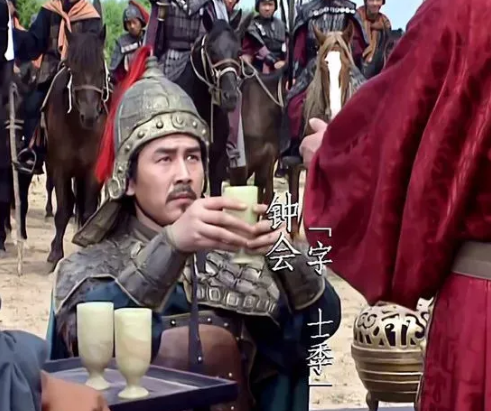
Analyzing the trust relationship between Zhong Hui and Jiang Wei
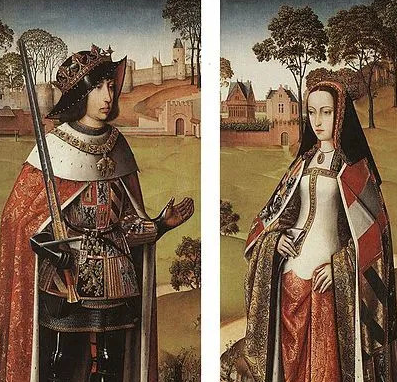
How was the relationship between Isabel I and Fernando? What was their affection like?
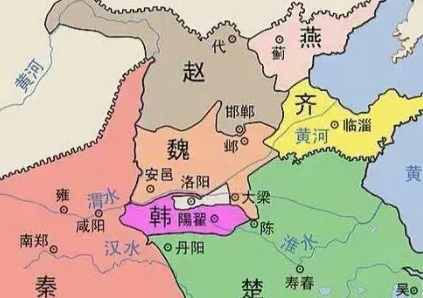
Exploring the territorial affiliation of Heilongjiang during the Spring and Autumn Period and the Warring States Period
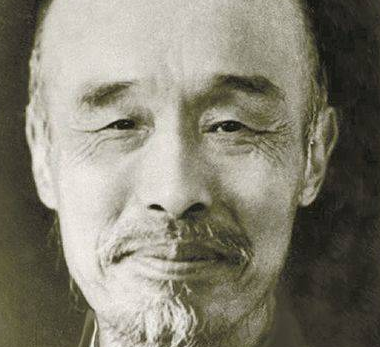
What does "I saw you in the crowd" mean in terms of fate? And how is it related to Master Hongyi?
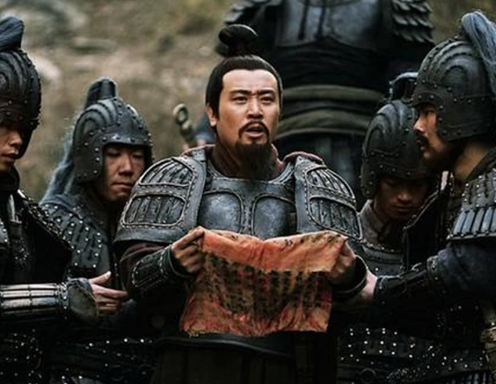
Unraveling the Truth of the Yiling Battle in History: Did Liu Bei Reluctantly Exclude Zhuge Liang?
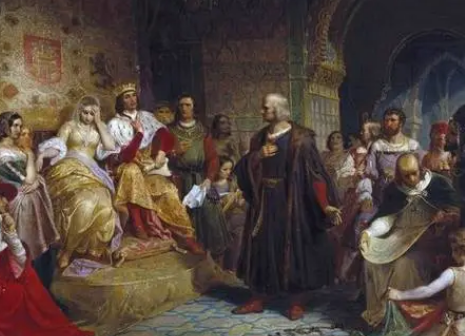
How did Isabella I and Ferdinand meet? What was their relationship like?

After Yongzhengs accession to the throne, the fortunes of the members of the "Fourth Princes Party" fluctuated.

How did Master Hongyi perceive life? What were his views on it?
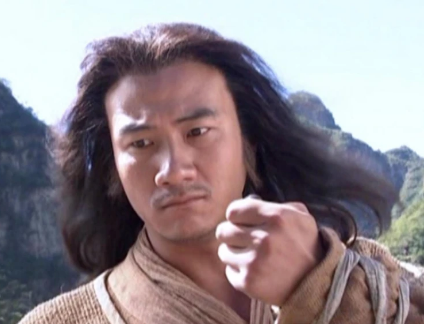
Why did Qiao Feng willingly recognize Xu Zhu as the best in the world?
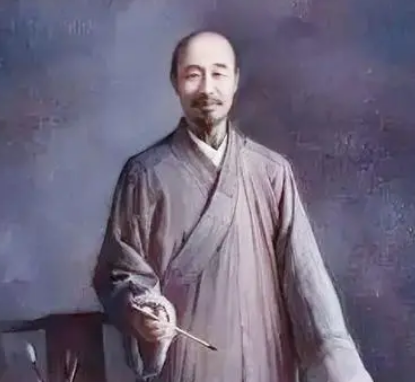
What are the four kinds of fate mentioned by Master Hongyi? What do they mean?









